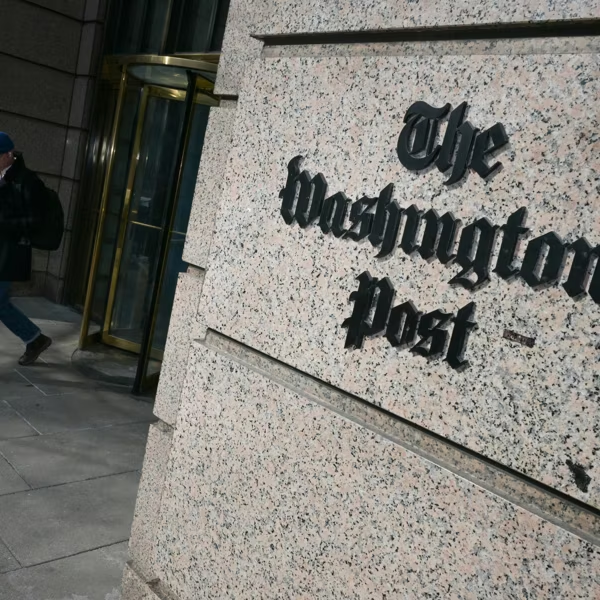An appeals court in Sweden on Thursday rejected WikiLeaks founder Julian Assange's appeal to have his arrest warrant lifted, which means he is still subject to extradition if he leaves the Ecuadorian embassy in London, where he has been living in asylum since 2012.
"There is no reason to set aside the detention solely because Julian Assange is in an embassy and the detention order cannot be enforced at present for that reason," the Svea Court of Appeal in Stockholm said in a statement on Thursday. "In making this assessment, account must be taken of the fact that Julian Assange is suspected of crimes of a relatively serious nature."
The court added that there is "great risk" Assange would flee and evade legal proceedings if the warrant is lifted.
Police have sought Assange for four years on sexual assault and rape allegations, which he has continuously denied. Assange, who has not been formally indicted, has said that he fears extradition to Sweden because it may lead to him being sent to the U.S., where he faces charges over the release of classified government documents exposing U.S. war crimes and other misdeeds. Chelsea Manning, the American soldier who obtained and passed along those files, was sentenced to 35 years in prison in Fort Leavenworth, Kansas for her role in the leak.
However, the court also put pressure on Swedish prosecutors to complete their investigation, saying that their probe into the allegations had stalled and that their continued deadlock "is not in line with their obligation--in the interests of everyone concerned--to move the preliminary investigation forward."
Assange and his lawyers have repeatedly offered for Swedish prosecutors to come to London to speak with Assange, which would simultaneously ensure his safety and allow for the investigation to move forward, but that request has been continuously denied.
According to the Guardian:
Per Samuelsson, one of Assange's lawyers in Stockholm, said the court's criticism of the prosecutor was aimed at her refusal to come to London to question Assange. "This is crucial because the court said we were right in the wording, but not in the court's actual decision," he said....
"Swedish and international law is on our side," Samuelsson told the Guardian. "The ruling shows we are on the right track, but unfortunately the court of appeal did not have the courage to overturn the arrest warrant."



